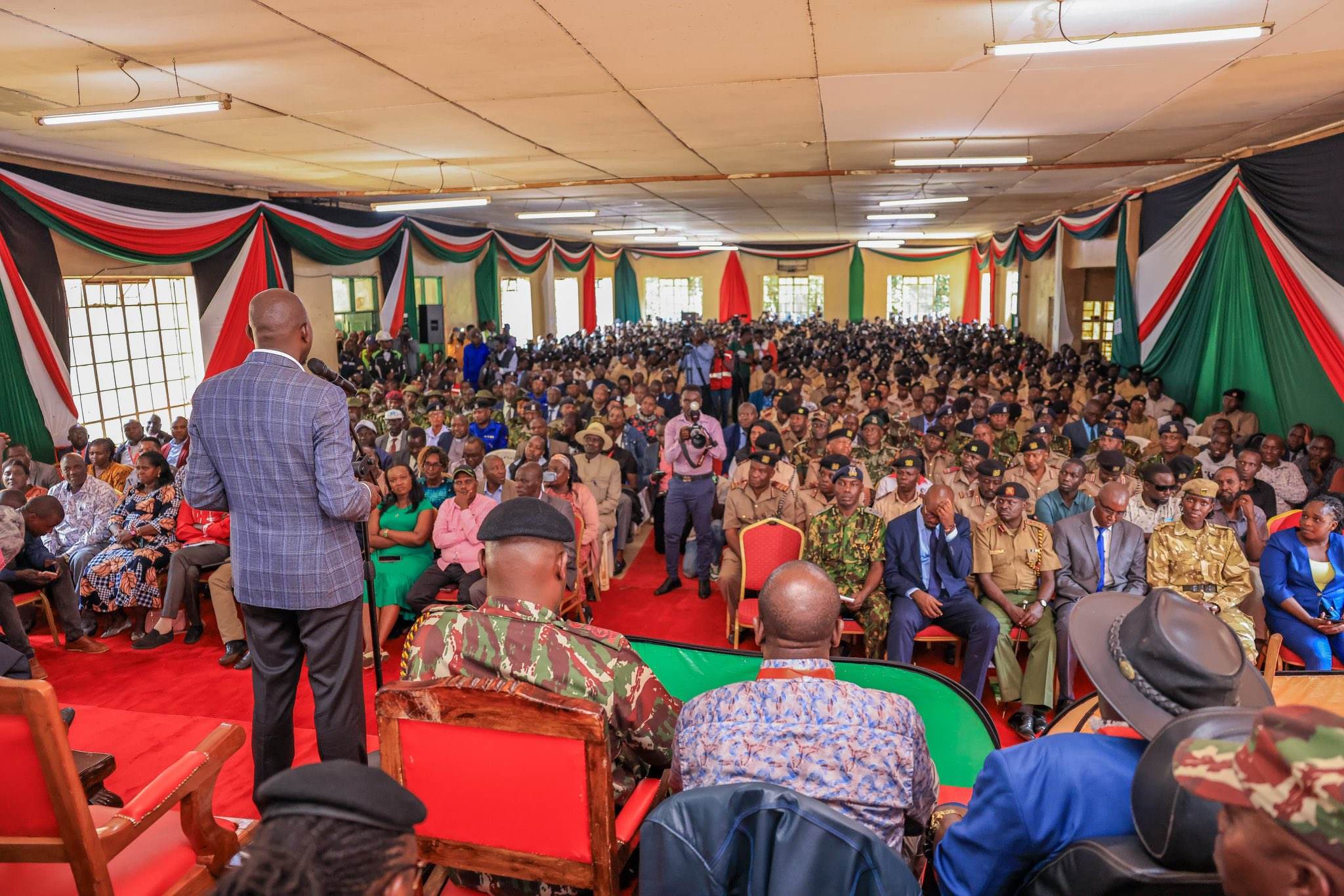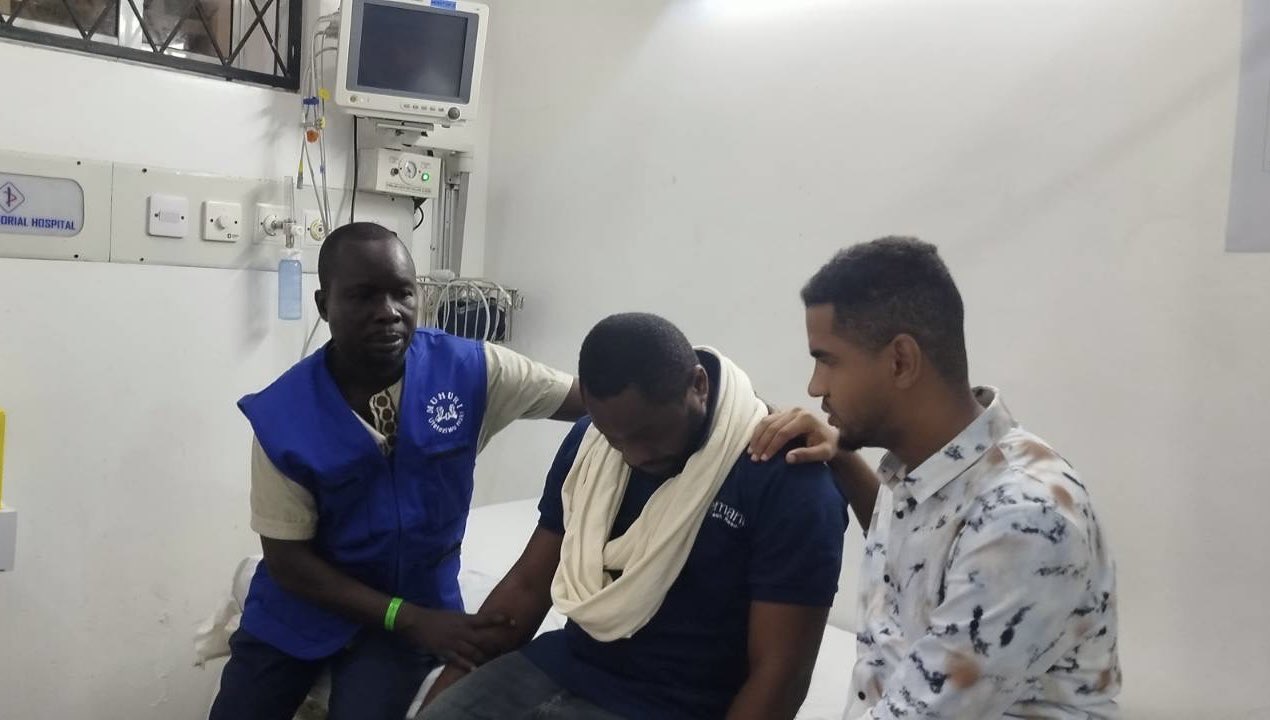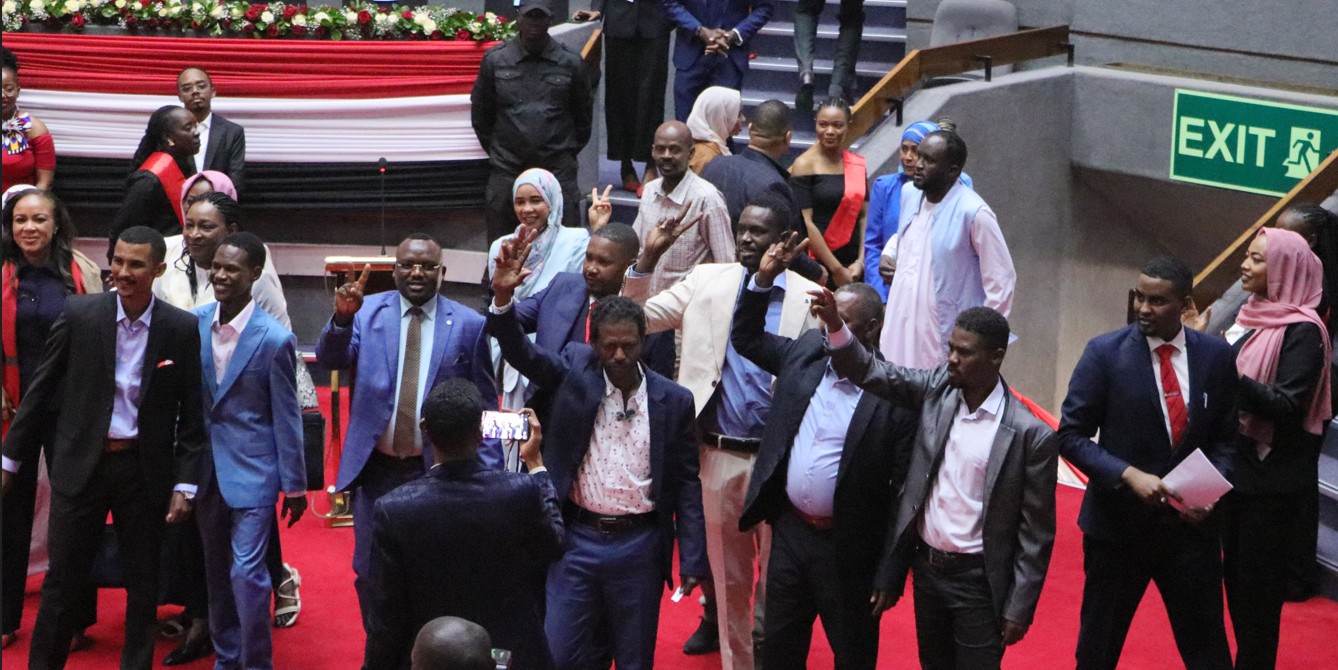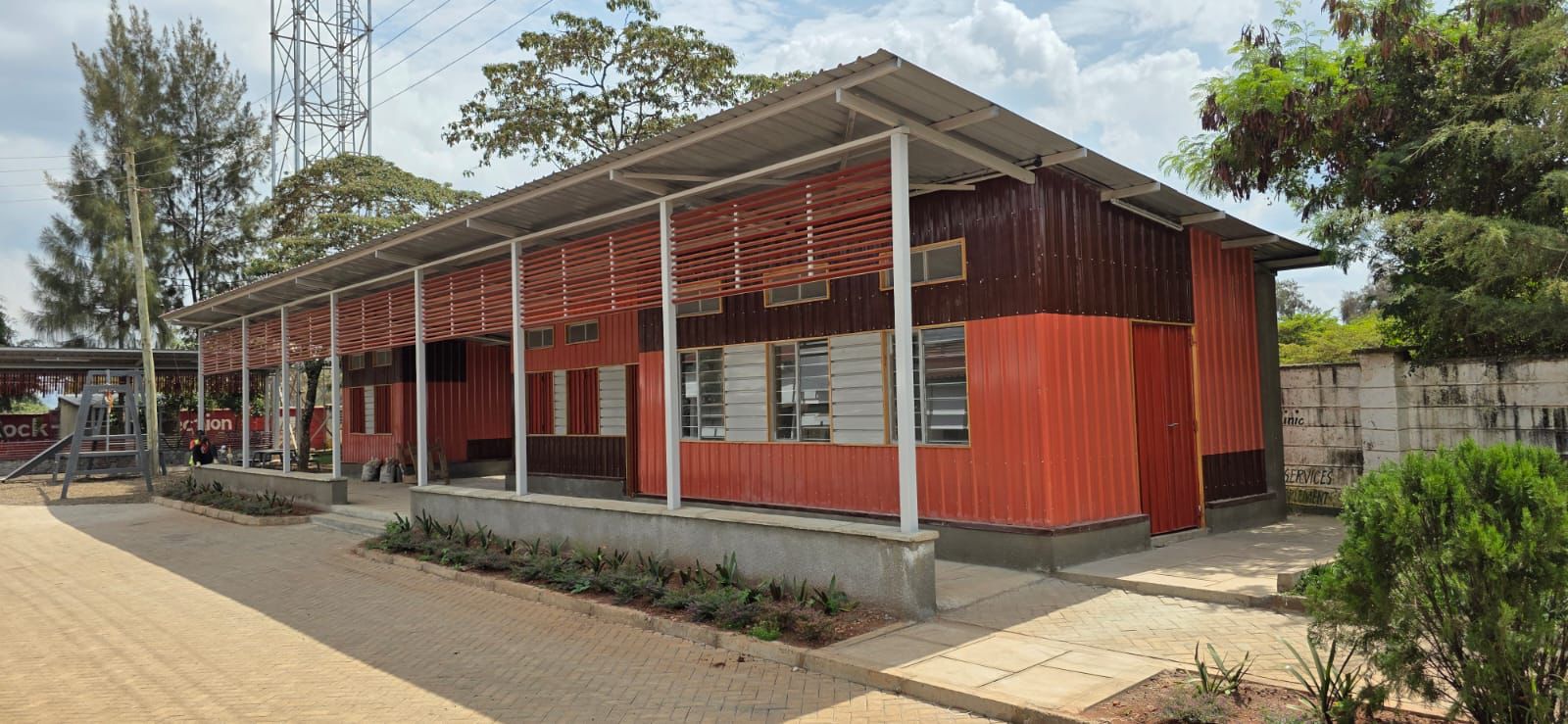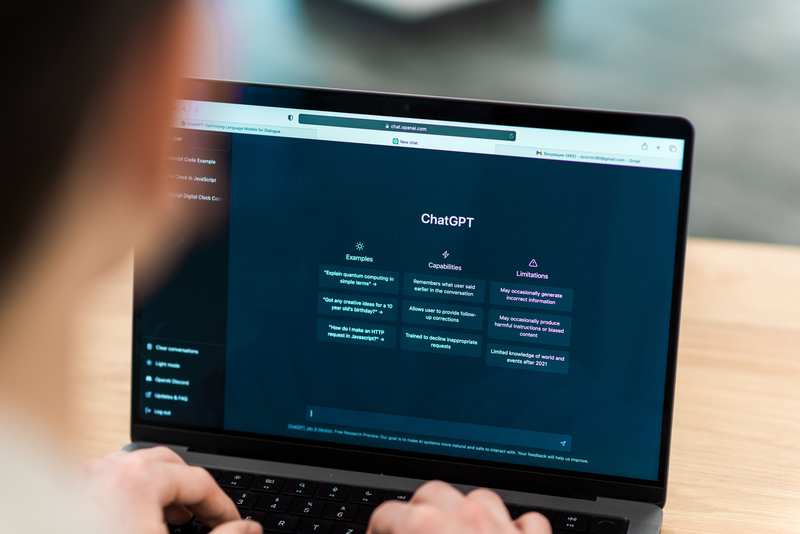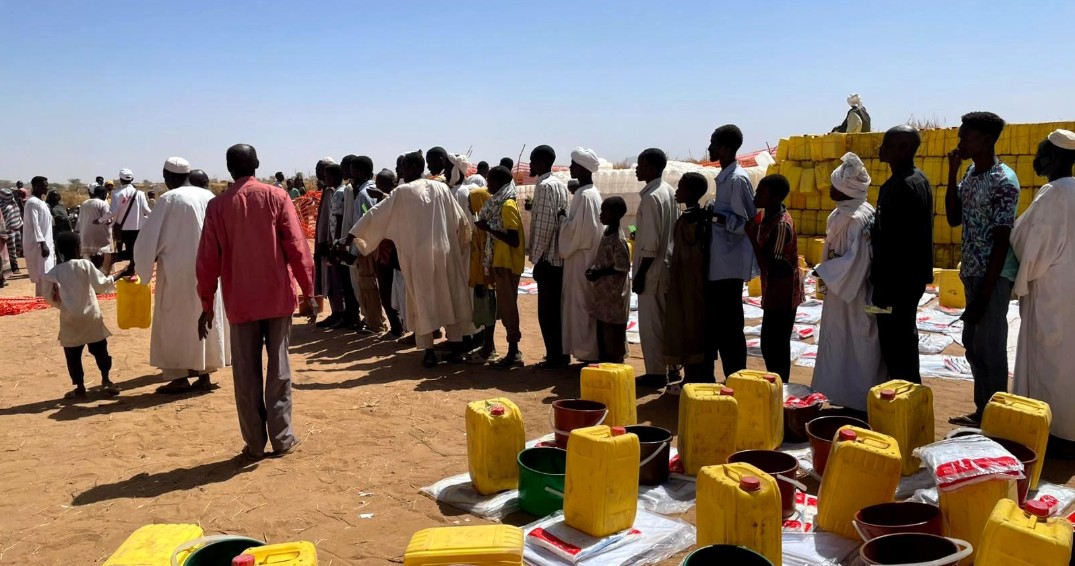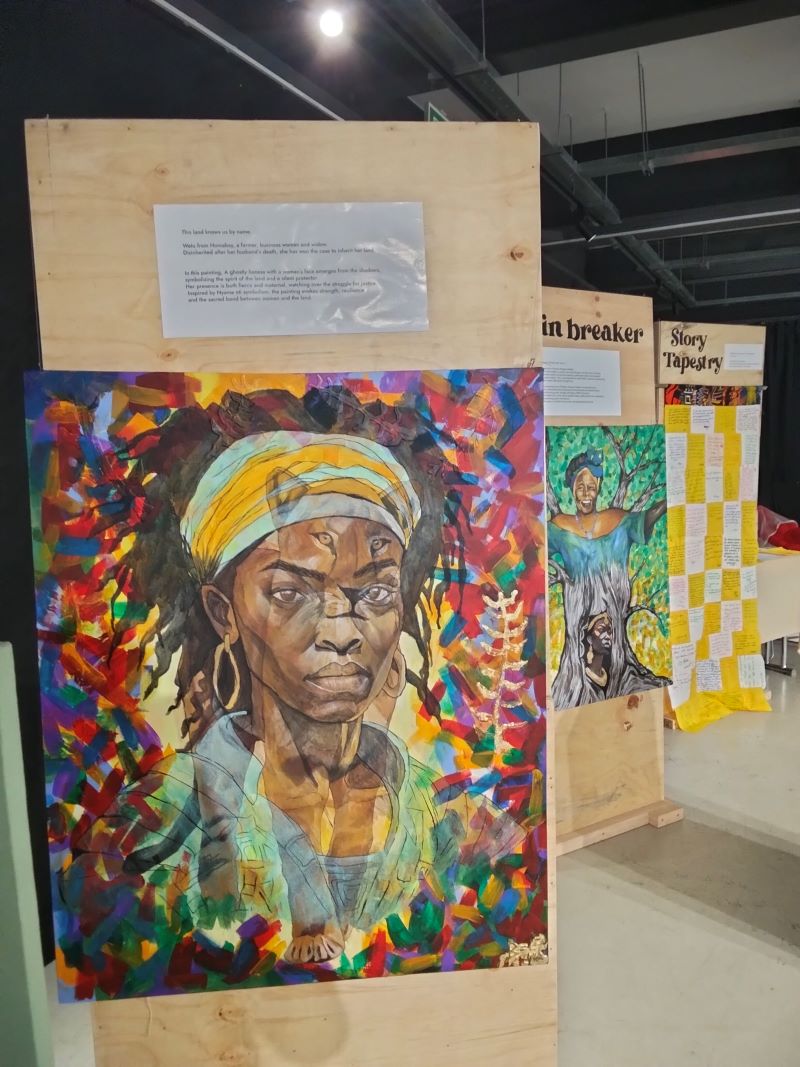IMCTC warns AI a double-edged sword as terrorist use raises global security concerns
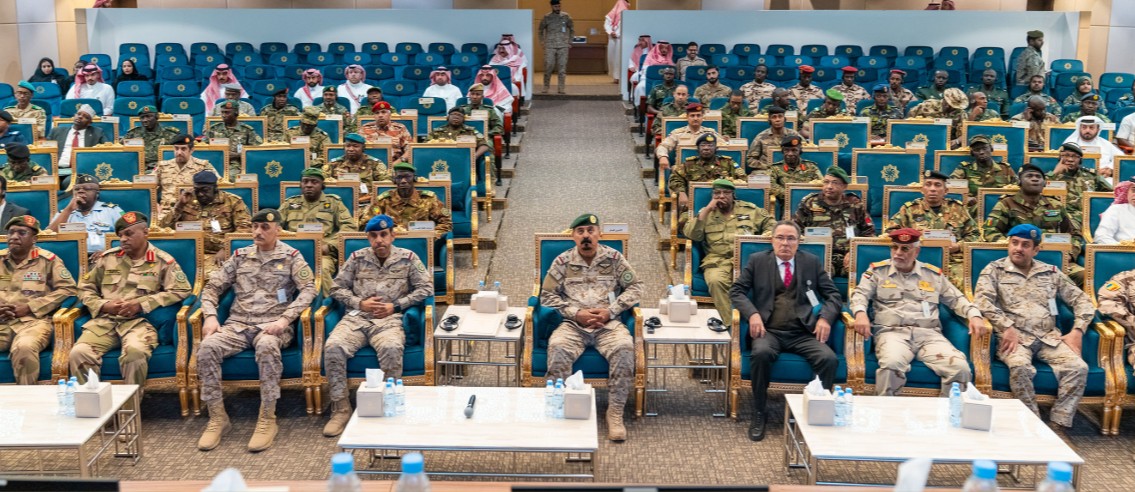
The IMCTC urges governments and security agencies to take immediate action to counter these growing threats, calling for stronger tools, better financial regulations, and increased cross-border cooperation.
Artificial intelligence (AI), a transformative technology, is quickly becoming a double-edged sword, especially in the hands of terrorist groups, according to the Islamic Military Counter-Terrorism Coalition (IMCTC).
The coalition, a group of 42 Islamic nations dedicated to fighting terrorism, has warned that while AI can benefit humanity, it also poses serious risks if misused.
More To Read
- ChatGPT 'therapy sessions' are not private, warns OpenAI CEO Sam Altman
- OpenAI set to launch GPT-5 in August, promises major leap in AI performance
- Kenya among African nations to benefit from Google’s Sh904 million AI funding
- AI chatbots can boost public health in Africa - why language inclusion matters
- ChatGPT now handles over 2.5 billion prompts a day, OpenAI confirms
- AI revolution in Kenya: IT guru James Rege urges youth to tap digital jobs, global opportunities
This message comes from the latest edition of AtTAHALOF, the coalition’s quarterly magazine focused on security and defence issues.
The IMCTC’s warning comes amid an ongoing anti-terrorism and money laundering training session in Nairobi.
"Artificial Intelligence has become a double-edged sword. It can be a blessing to humanity if used properly, ethically and with adequate controls,” the report states.
However, when used by terrorist organisations, AI can evolve into a dangerous weapon, the report stressed.
One of the most concerning aspects of AI’s potential misuse by terrorists is its ability to process and analyse vast amounts of data.
AI can study digital behaviours, detect patterns, and simulate attacks, making terrorist operations more precise and impactful.
AI is also being used to create and spread extremist content, such as hate speech and deepfakes, which can be used to manipulate and radicalise individuals.
Social media platforms, with their vast reach and anonymity, amplify the risk.
Moreover, AI has made cyberattacks a greater threat. Terrorist groups are using AI to target digital infrastructure, aiming to disrupt government systems, utilities, and essential services.
These cyberattacks are designed to create chaos and destabilise societies, making it more difficult for authorities to respond.
In addition to these digital threats, AI is also being used to mine cryptocurrencies, making it harder for authorities to track illicit financial activities.
The IMCTC urges governments and security agencies to take immediate action to counter these growing threats, calling for stronger tools, better financial regulations, and increased cross-border cooperation.
Top Stories Today
- Missing human rights activist Mwabili Mwagodi found alive, hospitalised in Mombasa
- Murkomen blames rogue officers for illegal gun trade in bandit-prone regions
- Mobile money fuels 114 per cent surge in financial inclusion in Kenya - World Bank
- IOM seeks urgent funds to aid 1.3 million war-displaced Sudanese returning home
- KAM decries weak policy enforcement in Kenya’s wastewater management
- Kenya’s quiet envoy shuffle: After DRC snub, Ruto’s appointee lands in Accra
